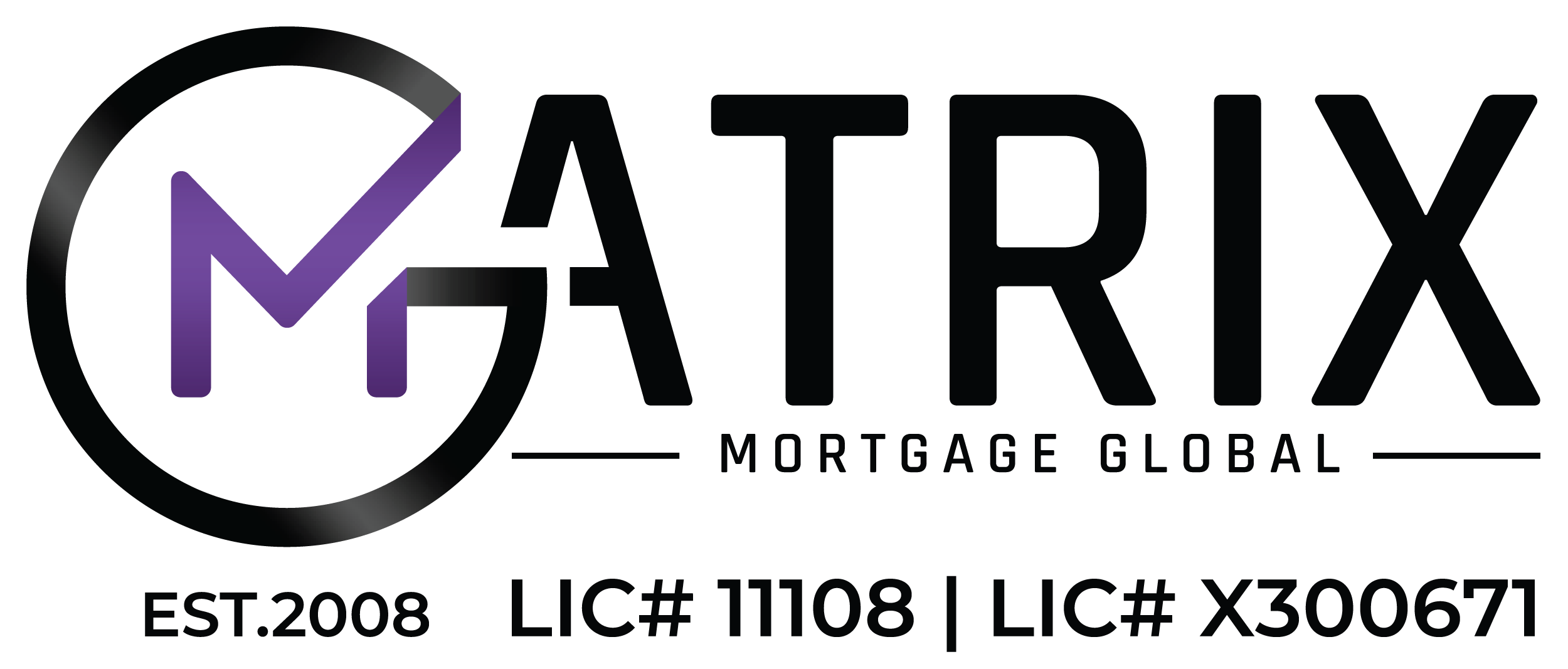
Which Debts can be Included in a Consumer Proposal?
Debt can be overwhelming, and sometimes it can seem like there is just no way to climb your way out. If you’ve been exploring your options to see if there’s any kind of help out there for you, you have likely come across an option known as a consumer proposal. A consumer proposal will be handled by a licensed trustee and can help you to get out of debt with just one monthly payment split up between your creditors, but that doesn’t mean all your debts can be satisfied by a trustee simply including them in your proposal. Here is a general guideline as to what you can include in your consumer proposal, and what you can’t.

Unsecured Debt
This is the most common type of debt, and many of us have at least one credit card in our name. Unsecured debt comes in many forms, and it basically means that the debt is given to the consumer without any kind of collateral. This debt could be credit cards, lines of credit, bank account overdraft, bank loans and even payday loans.
This kind of debt is included in a consumer proposal and your trustee will contact all of your creditors to let them know you’re filing. Once they have been notified a payment plan will be worked out so you pay back a portion of your total debt.
Secured Debt
This kind of debt is a little trickier to include in your consumer proposal. Accounts like a mortgage, home equity line of credit, car loans, second mortgages and any other debt where collateral (like a house or car) was used to ensure you would make the payments.
The good news here is that almost all of your unsecured debts will be included in your consumer proposal, but your secured debts will not be. The secured debts will be itemized in your proposal by your trustee but they must be handled outside of it. This means if you have a mortgage or a car loan, or both, your creditor(s) for those debts will still be expecting timely, proper payments.
The bad news is that even if you are going through a consumer proposal, you are not immune to the legal repercussions of not keeping up with the payments. If you fail to make payments on your home or car the creditors could take action to start foreclosing on your home or repossessing your car.
All of your creditors will be notified that you have filed a consumer proposal by your trustee. Your licensed trustee will have all the information as to the next steps you need to take to fulfill the obligations of this proposal.
If you have any questions about whether a specific debt is included, or can be included, in your proposal. Your trustee will have information as to what type of debt it is and what your obligation to repay it is.

